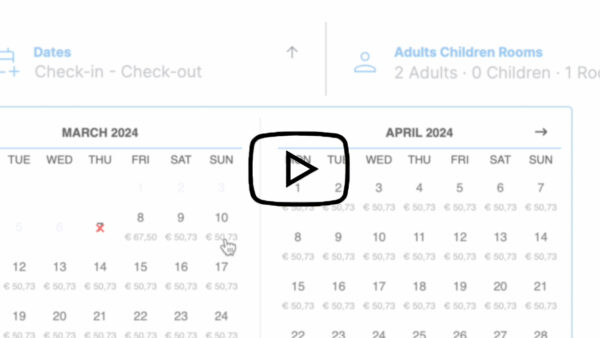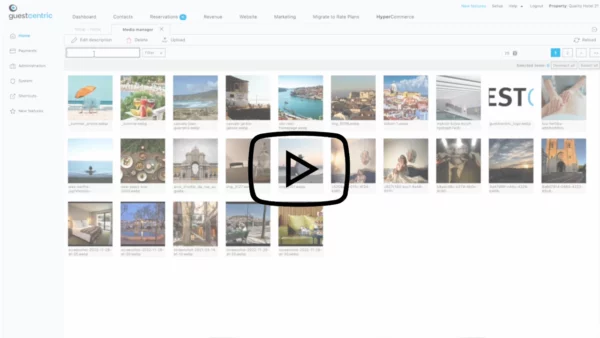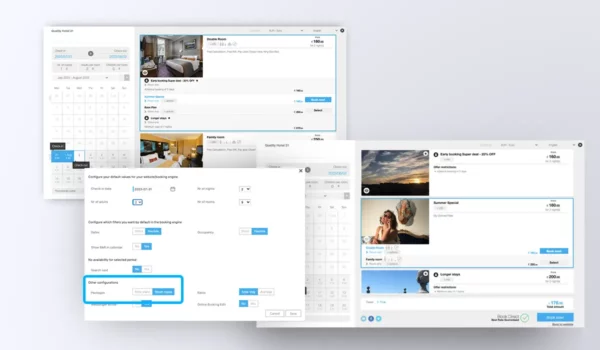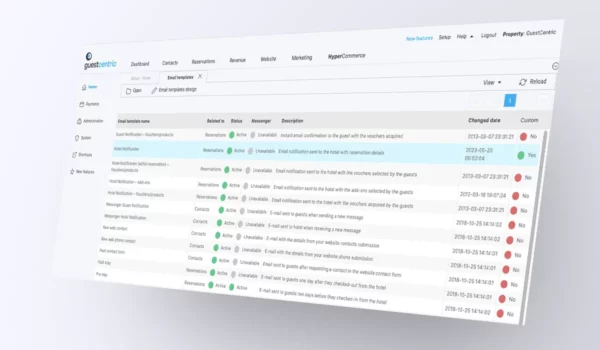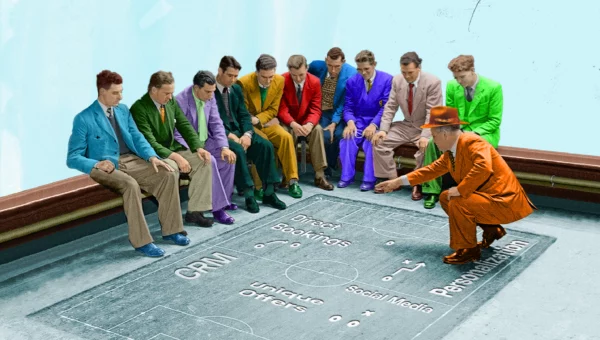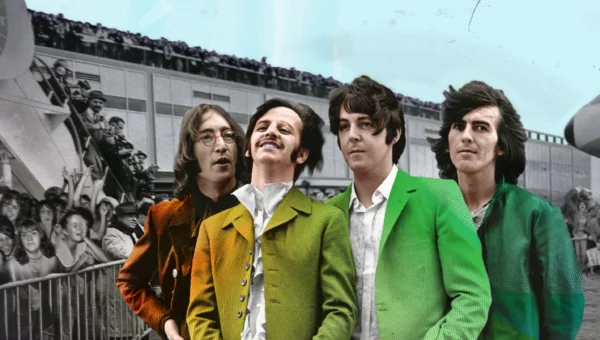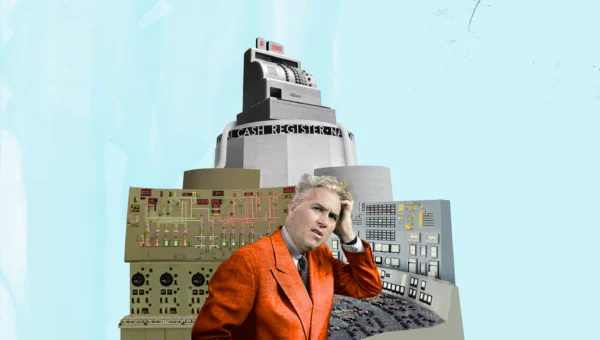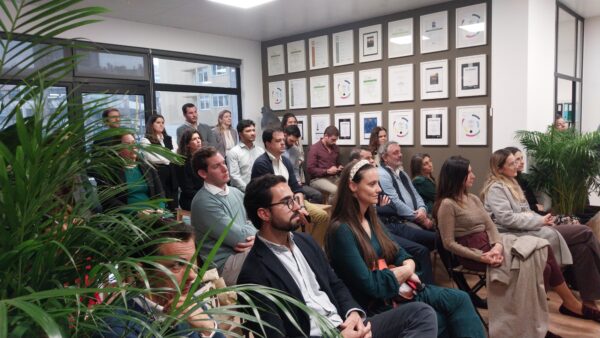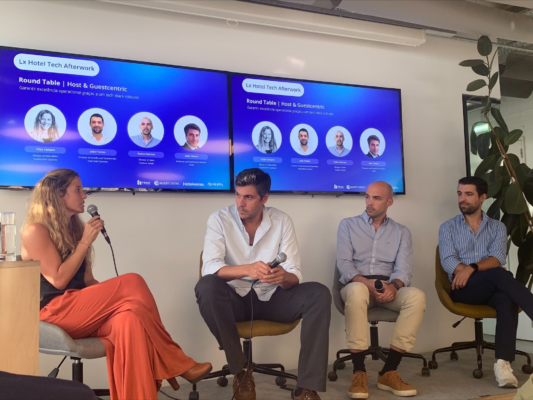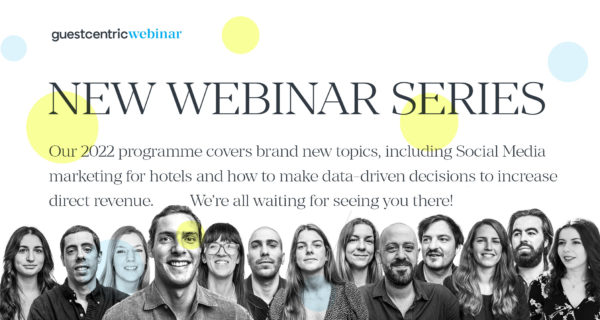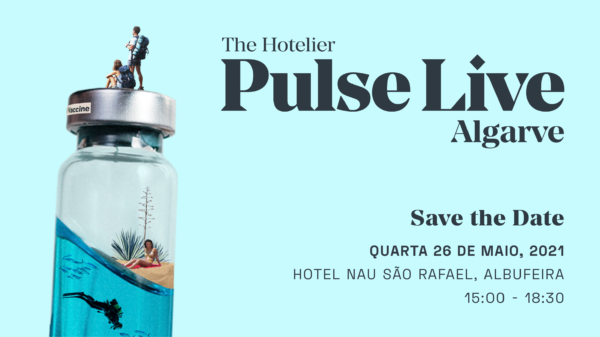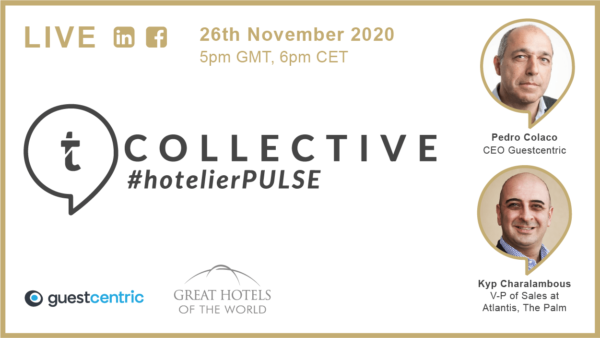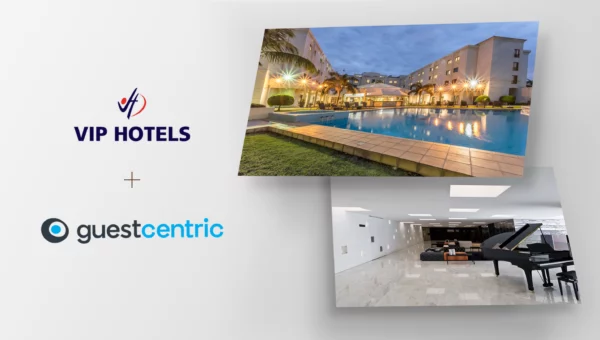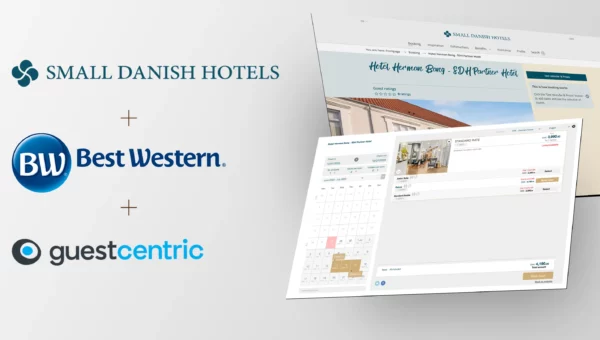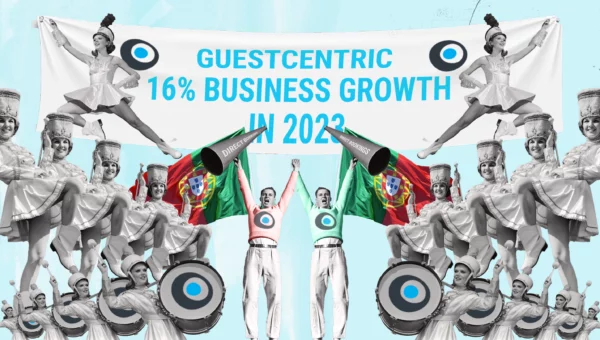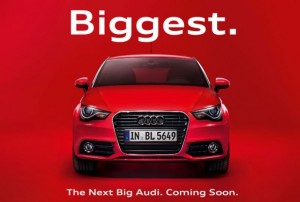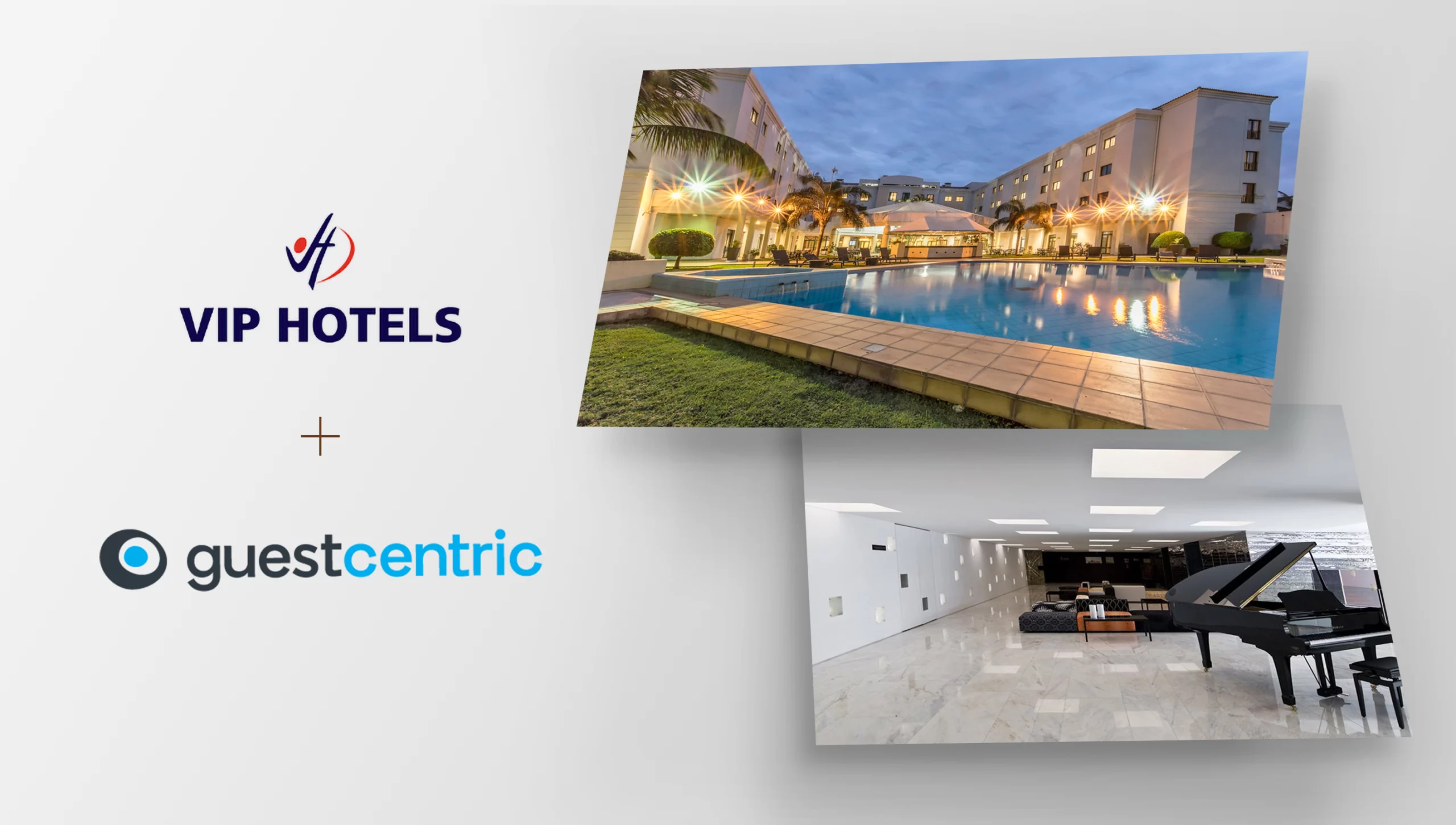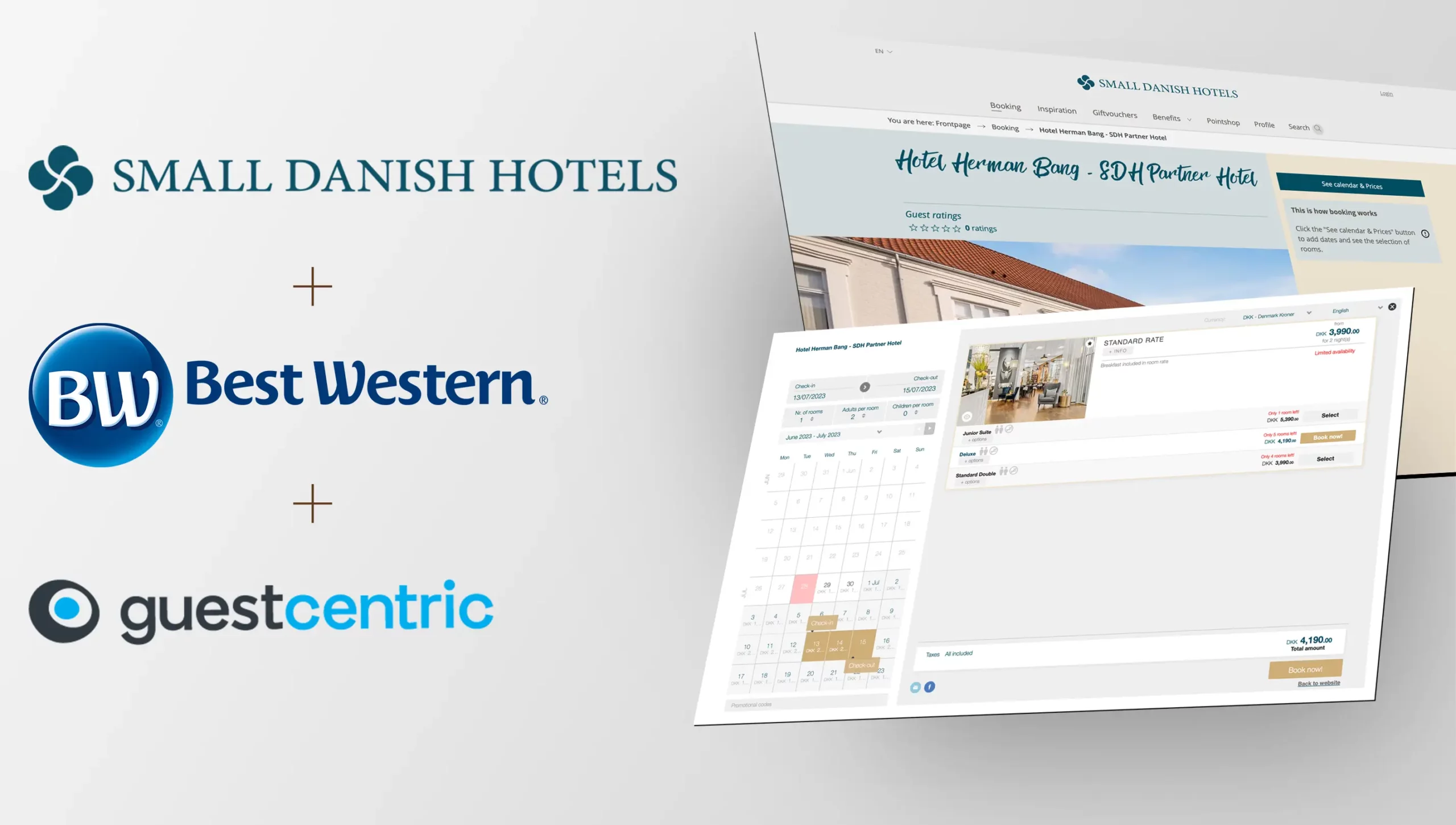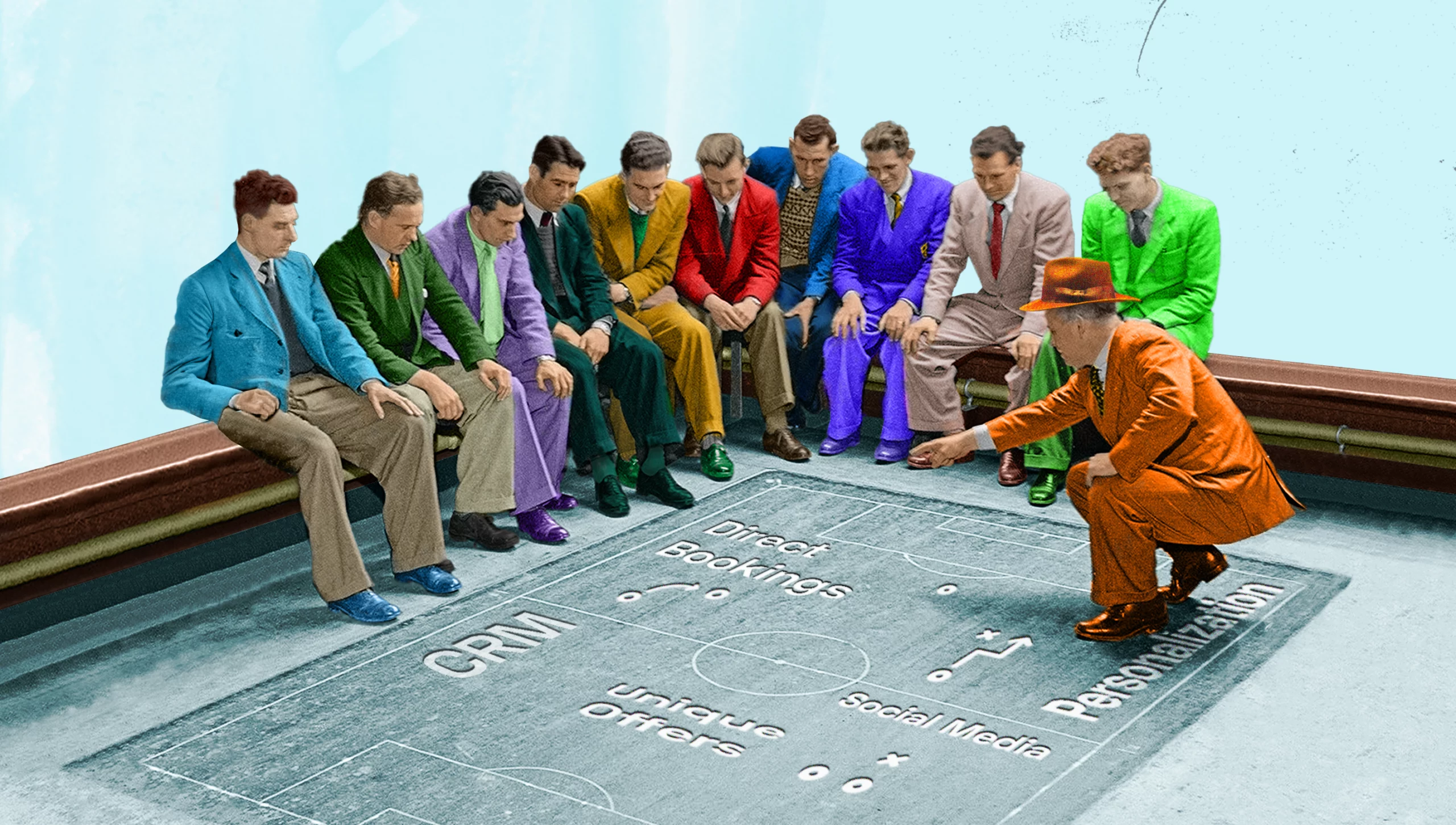Customizing hotel booking engines
Reading Time: 5 minutesAt GuestCentric, our customer base is growing increasingly sophisticated. As a consequence, so do the demands on our booking engine. This fact got me thinking about writing a post on the use of hotel booking engines and how its applicability is changing with time. I hope that these best practices help hoteliers, both large and small, luxury or economy.
More than just using the booking engine as the “transaction machine” on hotel websites, hotels are increasingly looking for capabilities to create digital marketing campaigns that are targeted, involve consumers and their success can be measured by the number of new bookings. This new type of digital marketing communication requires a significant degree of targeting and hotels must now care about how to stimulate transactions by the way the offers are presented on their booking engine.
This article describes how to address the needs for targeted digital marketing campaigns and the targeting features your hotel booking engine needs for successful campaigns that convert into more bookings.
Leverage different entry points from your website
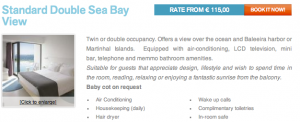
There is only one chance to make a first impression. Hence it is important to understand your customers needs and whether they are price shoppers or whether they are coming into your site to conclude a transaction on definite dates.
Our suggestion is to ensure that to maximize return from your booking engine you can create customized entry points to the booking process, based on the origin of the request.
- Rates and Tariffs: If someone is looking for “rates” ensure, you should ensure that all offers are shown on the booking engine, including ones that are outside of the current dates. This maximizes shopping around, and a calendar is critical in this process.
- Rooms: On your rooms page, display nice pictures, include amenities and some indicative rates (“Rate from…”). Most importantly, leverage the rooms page as an entry point to the booking engine by providing a “book now” button right next to the description of the room. Ensure that this takes you to the booking engine with that room type pre-selected so that the focus of the consumer is on concluding the transaction.
- Special Offers: On your special offers page, display a good description of the promotion including special terms and/or guarantees and the indicative rates (“Promo from…”). Again, on the promo page ensure that there is a “book now” button. This button should take users to the booking engine with that promotion pre-selected, so that they just need to select which room they want and finish the booking.
- Additional entry points: Have the ability to create additional entry points. Ensure that your booking engine can be invoked with as many pre-defined parameters as possible. e.g., if for a resort on the beach, you may want to provide a page that describes the all-inclusive special offer and has a link with that offer preselected. If you have an “Easter special for 3 nights” you may want to create a landing page to promote it and link to a booking engine with the Easter dates pre-selected. Important parameters are:
- Check-in, check-out date
- Amount of rooms, Number of adults and children
- Pre-selected offers, date filtering or flexible dates
- Link to the cancel page and thank-you page
- Some channel identifier for reporting purposes
Laser focus with Click-to-book
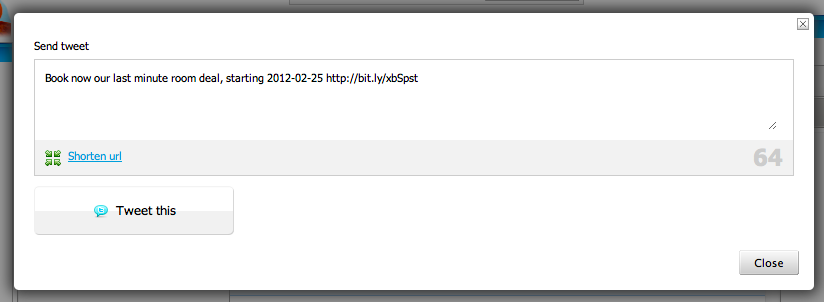
At GuestCentric, we call click-to-book the ability to select a specific room type or special offer, the check-in and check-out dates, the language of the target and create a unique link that can be sent via email, twitter, Facebook, or any other social network.
Click-to-book is an important mechanism to engage users and to send them offers with a laser-focus.
A single offer, in a specific language, for specific dates sent to a user or collection of users as a way to promote a last-minute deal, or to respond to specific enquiries. The power of click-to-book is its ultimate portability. It can be embedded in any sort of communication, most importantly email. Almost all digital marketing campaigns involve some degree of email. As a lead generation or as a follow-up mechanism. It is critical when communicating via email that e-commerce and reservations managers can send portable links that can be booked in one click.
Spreading the wealth: Custom booking engines
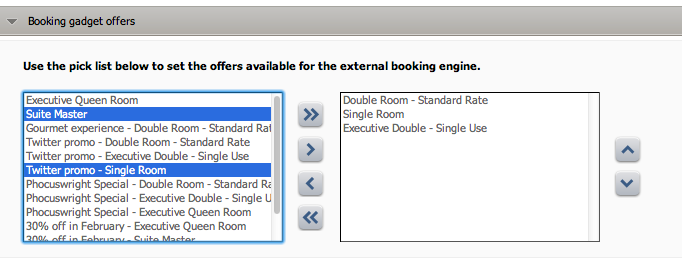
Last, but not least is the ability to create customized booking engines with specific offers. The idea behind creating custom booking engines is to create a simple and intuitive workflow for very specific uses. Take, for instance three examples:
- Events: when trying to book an event, users don’t want to be distracted with offers that are not relevant for them, e.g. some long-stay offer in different dates, or a golf package. Hence, creating a custom booking engine for an event that has just the special offers for the event simplifies the booking process. In addition, this booking engine can be embedded in the event promotion websites and a link can be sent out to the attendees.
- Affiliation sites: one of the big advantages of OTAs is that they work affiliation sites, large and small. If you have a hotel close to the Opera, or a golf course, etc. you can work package deals with those partners and create a custom booking engine that only displays the relevant offers. These custom booking engines can then be distributed to the partner’s websites and create an affiliation network for your hotel this way.
- Corporate intranets: one way to offer corporate rates is to “hide” them behind a “box” that gets unlocked if the user has the special code. While this mechanism is a simple way to provide corporate rates, it is much more interesting to provide special rates using a normal booking experience. Hence, if you want to create special offers for specific corporate rates, you can create a corporate booking engine that only gets accessed based on a normal web-based authentication paradigm (user id/password, Intranet addresses, etc.). A corporate booking engine provides the ultimate power to hotels to offer special rates to groups of users.
Conclusion
Hotels are increasingly looking for capabilities to create digital marketing campaigns that are targeted, involve consumers and their success can be measured by the number of new bookings. This new type of digital marketing communication requires flexibility from their booking engine:
- Customizable entry points
- Click-to-book links
- Customizable offers per booking engine
With these three features, your hotel’s booking engine will be able to address the needs for successful digital marketing campaigns that convert into more bookings.
If you want to learn more about what GuestCentric can do to improve your hotel’s digital marketing chat to one of our specialists online or sign up for our Coffee with GuestCentric webinar.
Chat now Register for Coffee with GuestCentric webinar


